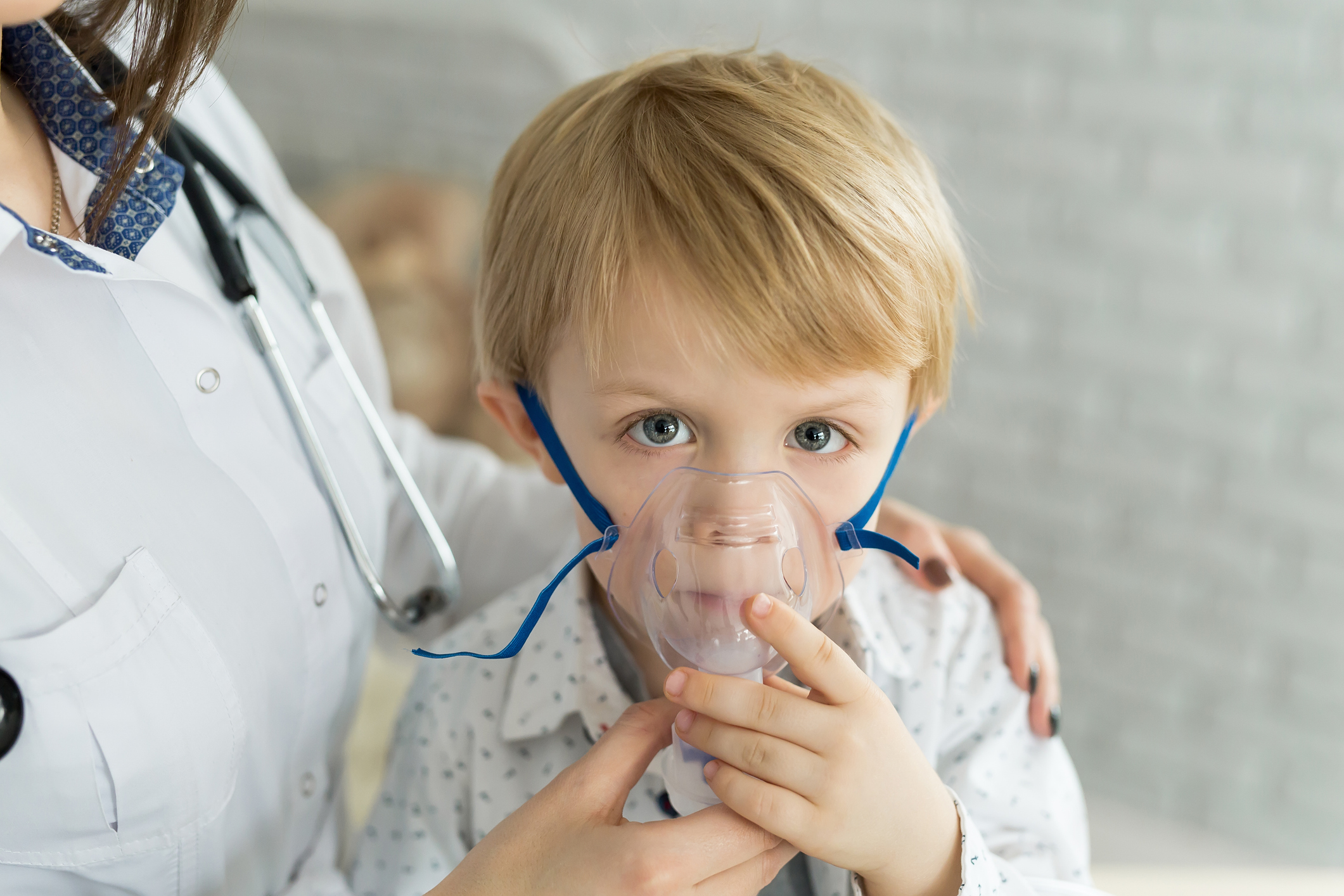2024-11-15
New Combined Therapy for Mycoplasma Pneumonia in Children
Pneumonology
Mycoplasma pneumoniae pneumonia (MPP) is a common respiratory infection
in children, often associated with severe complications and a high risk of
mortality. The refractory form of this disease, refractory Mycoplasma
pneumoniae pneumonia (RMPP), resists standard macrolide treatments and presents
with persistent and severe symptoms. Identifying new therapeutic solutions is
therefore a priority.
To address these challenges, the combination of azithromycin with intravenous immunoglobulins (IVIG) has emerged as a promising strategy for the effective treatment of RMPP. This study evaluates the latest evidence regarding the efficacy and safety of this combined approach.
Fifteen studies, including 1,142 children, were analyzed to assess the clinical efficacy of azithromycin combined with IVIG for RMPP. Treatment efficacy was measured by observing outcome variables such as clinical effectiveness, symptom duration (fever, lung rales, cough), and hospital stay duration.
The study demonstrates that the azithromycin-IVIG combination is significantly more effective than azithromycin alone in treating RMPP in children. This approach improves therapeutic success rates (RR = 1.18) and notably reduces symptoms. Fever resolution is shortened by 2.12 days, while the resolution of lung rales and cough is accelerated by 2.90 and 3.59 days, respectively. Additionally, the average hospital stay is reduced by 5.72 days. Importantly, no additional adverse effects were observed in the group treated with the combination therapy.
This study highlights a promising pathway for optimizing the management of RMPP, providing an alternative treatment option for children with this challenging condition. The evidence confirms that the azithromycin-IVIG combination offers superior efficacy, leading to faster symptom resolution, shorter hospital stays, and a safety profile comparable to standard treatments. By effectively modulating the inflammatory response and improving clinical outcomes, this therapy has the potential to become a cornerstone of RMPP treatment strategies.
To address these challenges, the combination of azithromycin with intravenous immunoglobulins (IVIG) has emerged as a promising strategy for the effective treatment of RMPP. This study evaluates the latest evidence regarding the efficacy and safety of this combined approach.
Azithromycin-IVIG Combination: Enhanced Therapeutic Efficacy?
Fifteen studies, including 1,142 children, were analyzed to assess the clinical efficacy of azithromycin combined with IVIG for RMPP. Treatment efficacy was measured by observing outcome variables such as clinical effectiveness, symptom duration (fever, lung rales, cough), and hospital stay duration.
The study demonstrates that the azithromycin-IVIG combination is significantly more effective than azithromycin alone in treating RMPP in children. This approach improves therapeutic success rates (RR = 1.18) and notably reduces symptoms. Fever resolution is shortened by 2.12 days, while the resolution of lung rales and cough is accelerated by 2.90 and 3.59 days, respectively. Additionally, the average hospital stay is reduced by 5.72 days. Importantly, no additional adverse effects were observed in the group treated with the combination therapy.
Azithromycin-IVIG: A Robust Combination Against Mycoplasma Pneumoniae in Children
This study highlights a promising pathway for optimizing the management of RMPP, providing an alternative treatment option for children with this challenging condition. The evidence confirms that the azithromycin-IVIG combination offers superior efficacy, leading to faster symptom resolution, shorter hospital stays, and a safety profile comparable to standard treatments. By effectively modulating the inflammatory response and improving clinical outcomes, this therapy has the potential to become a cornerstone of RMPP treatment strategies.

Last press reviews
Birch allergy: could one shot change everything?

#AllergicRhinoconjunctivitis #IgG4 #Allergoid #BirchPollen #Immunotherap...
Allergies: could the gut hold the key?

#SeasonalAllergicRhinitis #Probiotics #Prebiotics #GutMicrobiota...
Parkinson’s disease: bone health shouldn’t be overlooked

#ParkinsonsDisease #Osteoporosis #FractureRisk #FRAX #Prevention...